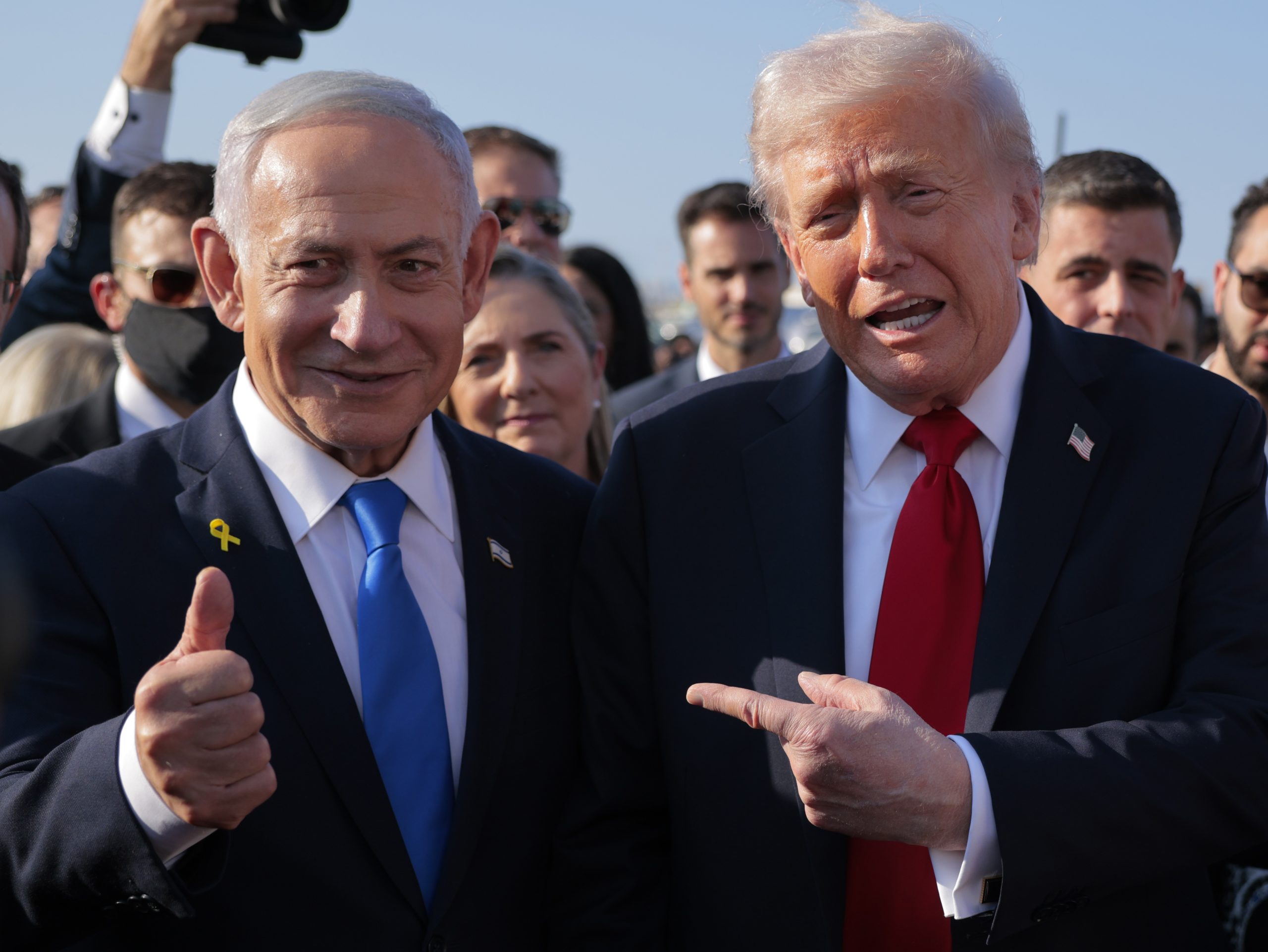The fragile truce between Israel and Hamas is barely holding, yet a fierce debate already rages: Who deserves credit for brokering the deal, and who bears the blame for its delayed arrival? While the Biden administration is actively engaged in the region, the specter of former President Donald Trump hangs heavy over the narrative. Did Trump’s prior support for Israel inadvertently strengthen Hamas’s resolve, or did his recent pressure on Prime Minister Netanyahu finally push Israel toward compromise?
Trump’s Role: A Double-Edged Sword?
The question of Trump’s influence is complex. Some argue that his unwavering support for Netanyahu’s earlier military actions against Hamas inadvertently prolonged the conflict. By giving Israel a free hand, critics say, Hamas was emboldened to resist, believing it could withstand the pressure. Others suggest Trump’s recent interventions, perhaps sensing a shift in global sentiment, may have played a crucial role in pushing Netanyahu towards a ceasefire agreement. This perspective posits that Trump’s personal relationship with Netanyahu allowed him to exert influence where others could not.
Beyond Trump: A Symphony of Influence
Attributing the ceasefire solely to Trump, however, ignores the complex interplay of regional and international actors. Egypt, Qatar, and Turkey have all played significant roles in mediating between Israel and Hamas. Recent reports suggest intensified pressure from these nations on Hamas may have spurred the group to make critical concessions. This raises the question of whether a confluence of factors, rather than a single individual, ultimately paved the way for the ceasefire. Furthermore, some analysts contend that Hamas was ready for a deal long ago, suggesting Israel’s reluctance was the primary obstacle.
Biden’s Position: A Delicate Balance
The ceasefire also inevitably raises questions about the Biden administration’s approach. Has Biden’s approach been effective? Or did the lack of overt pressure allow the conflict to escalate unnecessarily? His administration navigates a delicate balance, seeking to support Israel’s security while also advocating for Palestinian rights. The success of the ceasefire, and the long-term stability of the region, will depend on the Biden administration’s ability to foster trust and cooperation among all parties involved.
In conclusion, while the debate over Trump’s influence on the Gaza ceasefire continues, it’s crucial to recognize the multifaceted nature of the conflict and the contributions of various international players. The fragile truce serves as a stark reminder of the region’s volatility and the need for sustained diplomatic efforts to achieve lasting peace.
Based on materials: Vox





